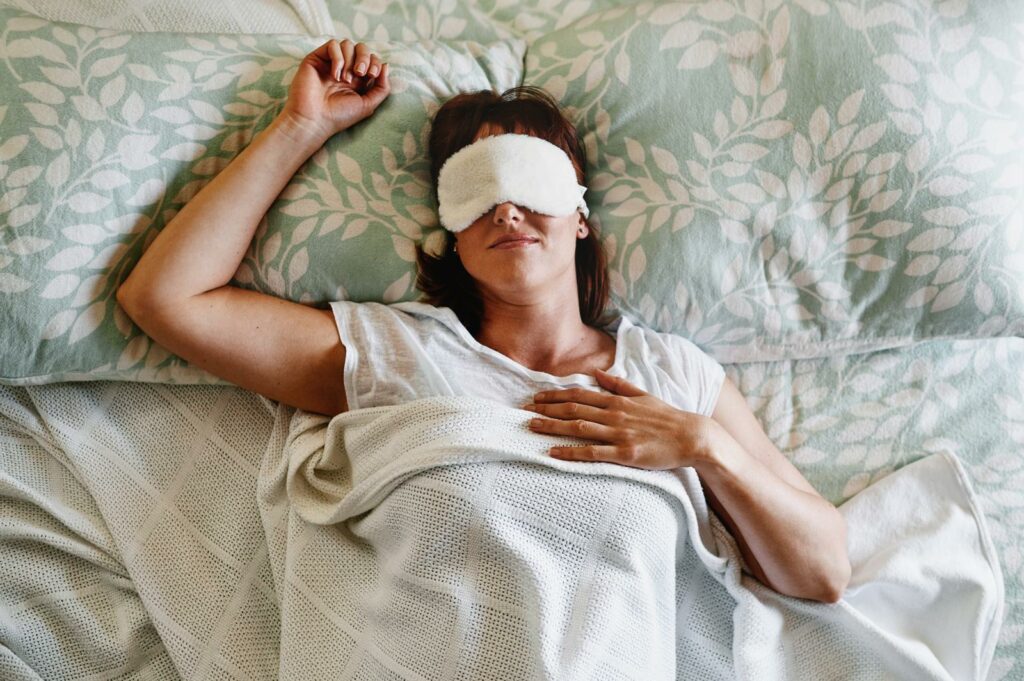Struggling to get a good night’s sleep? You aren’t alone. The majority of adults around the world report difficulty sleeping several nights a week, making it difficult for them to wake up early and perform well throughout the following day. If you are finding yourself in this situation, it’s easy to feel frustrated. The good news, however, is that there are small things you can do every day to increase your chances of getting restful sleep at night. Whether you’re a college student or a to a professional contractor at chimneyrepairdetroitmi.com, getting a good night’s sleep is crucial for feeling good and remaining productive throughout a long day. Keep reading to learn a few simple but highly effective tips for getting better sleep.
1. Stick to a Schedule
While it should come as no surprise that maintaining a healthy sleep schedule will reduce your chances of experiencing sleeplessness at night, many adults, unfortunately, do not maintain a healthy or consistent sleep schedule throughout the week. Try to go to bed around the same time every night, and wake up around the same time each morning, no matter what your agenda is for the following day. This will ensure that your body’s natural sleep cycle is regulated, and will help combat feelings of restlessness and difficulty sleeping.
2. Avoid Caffeine
It might be obvious toi many people that drinking caffeinated beverages can impact one’s ability to sleep, however, many people don’t realize just how much caffeine can have an effect on one’s sleep schedule. While it should be a no-brainer to avoid coffee and caffeinated energy drinks close to bedtime, you should also avoid soda, tea, and other beverages that contain less caffeine as they can still impact your ability to fall and stay asleep. Additionally, try avoiding caffeine into the afternoon, as it can stay in your system for several hours and impact your ability to fall asleep when it’s time to get in bed.
3. Limit Naps
If you have difficulty sleeping at night, it is understandable that you might want to take a nap after work or throughout the day, however doing so will increase the likelihood of you being able to easily fall and stay asleep at night. If you do have to take a nap, try to limit it to no more than 20 minutes – anything longer than that could leave you with difficulty falling asleep.




